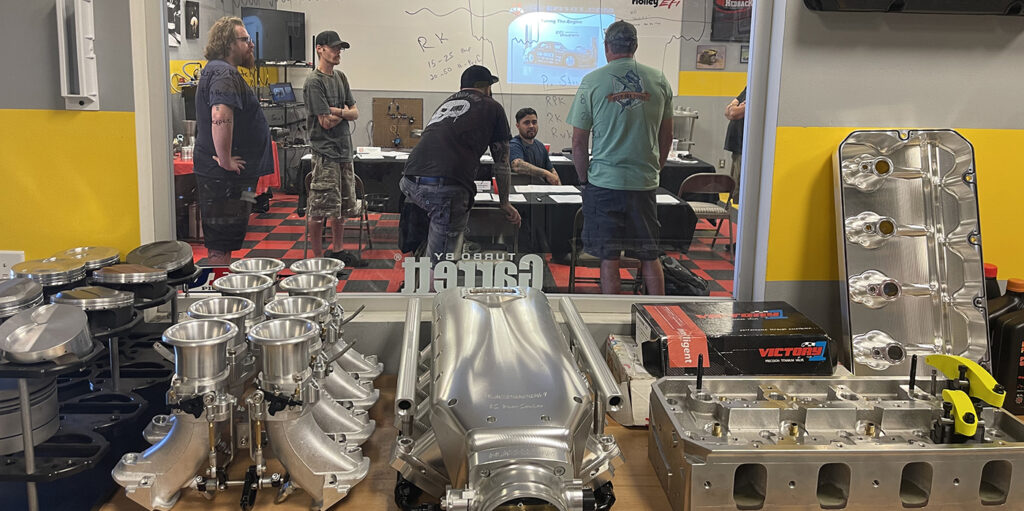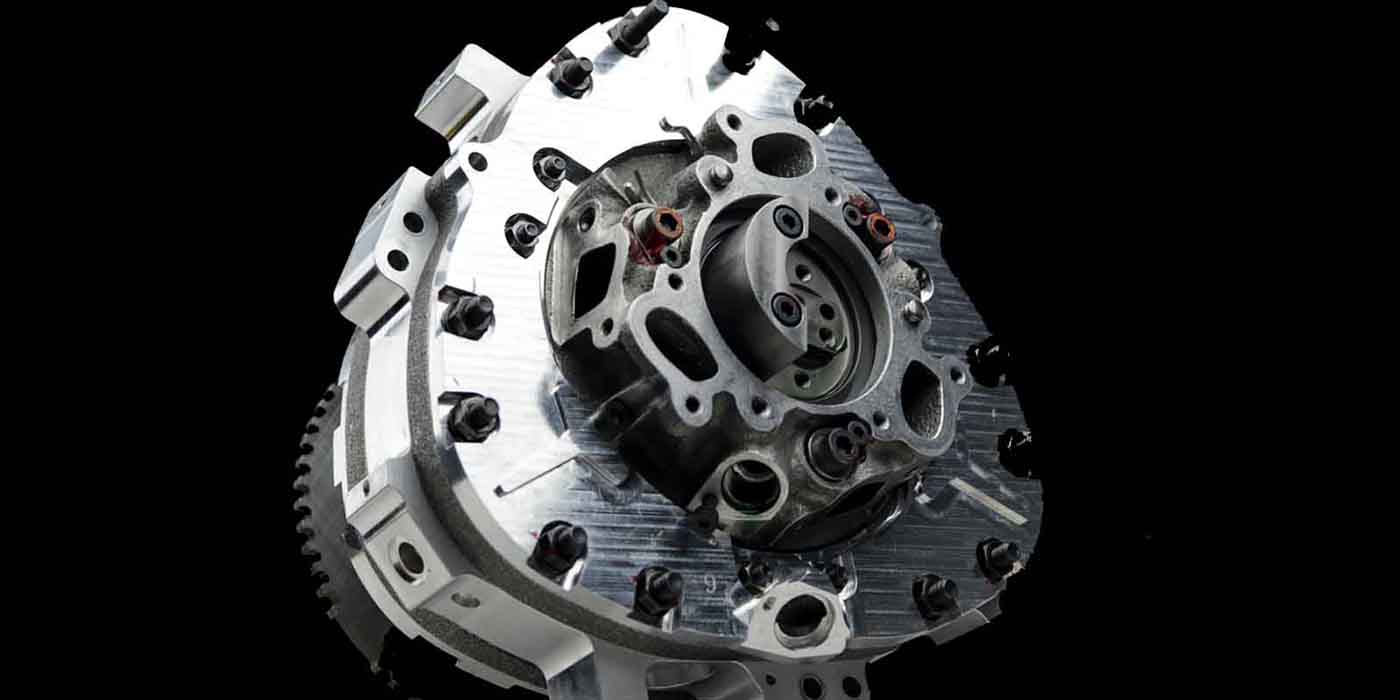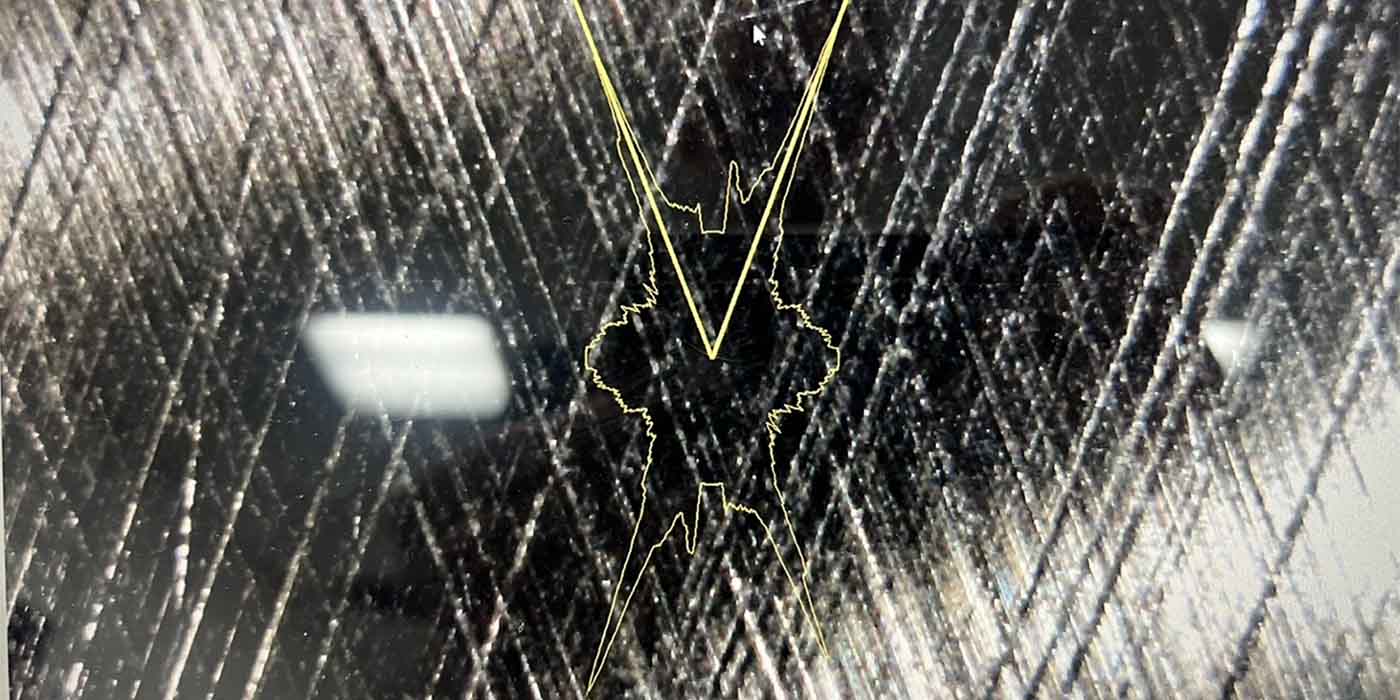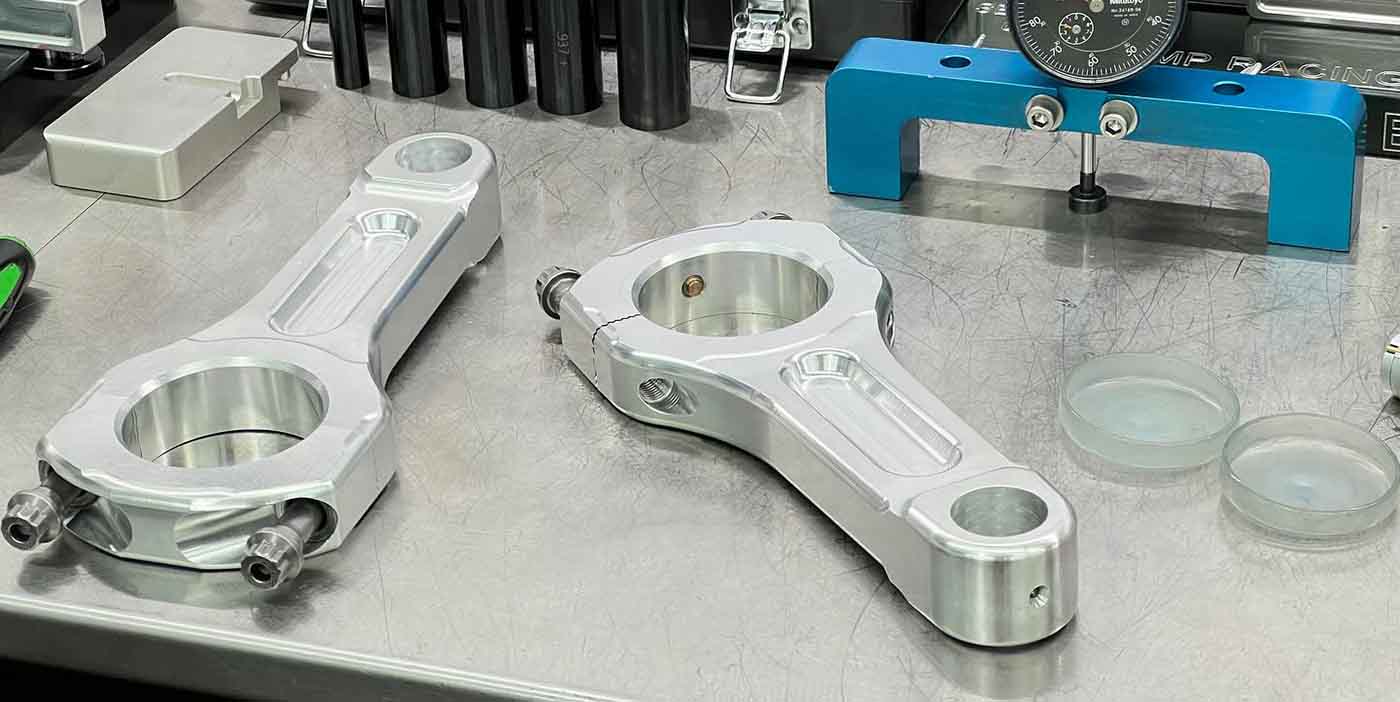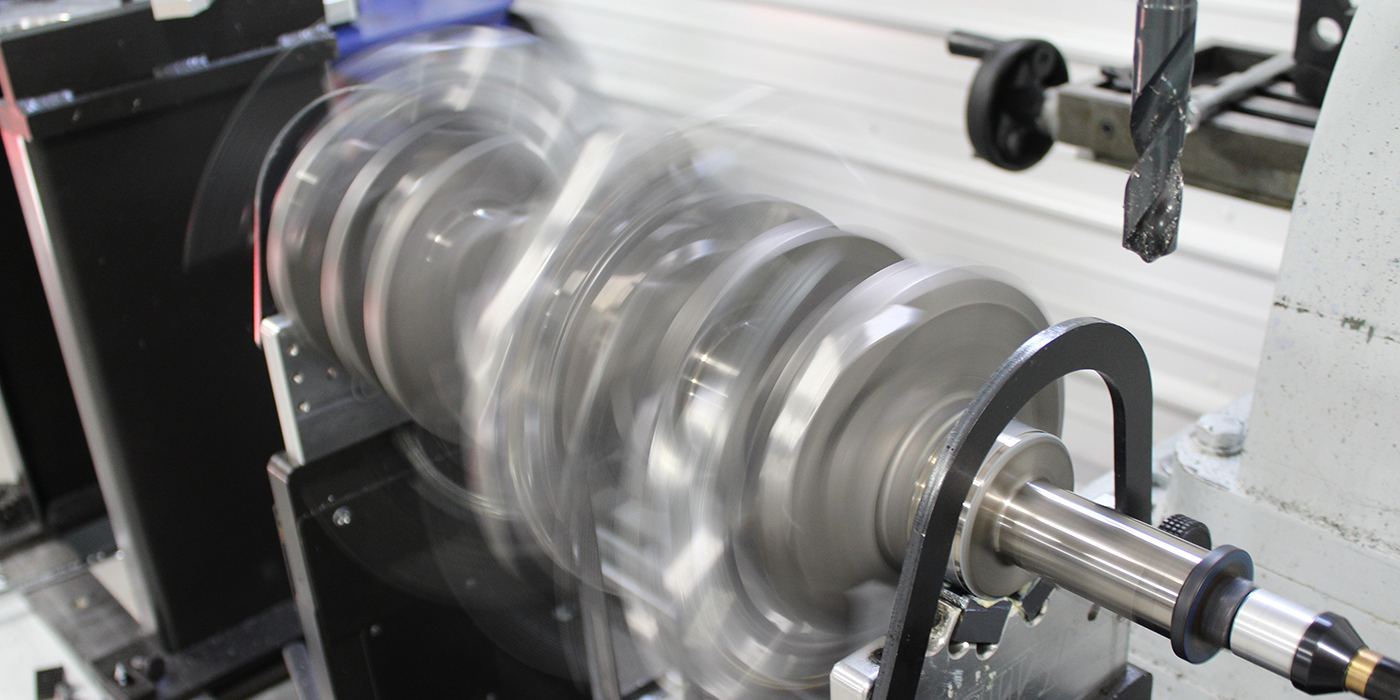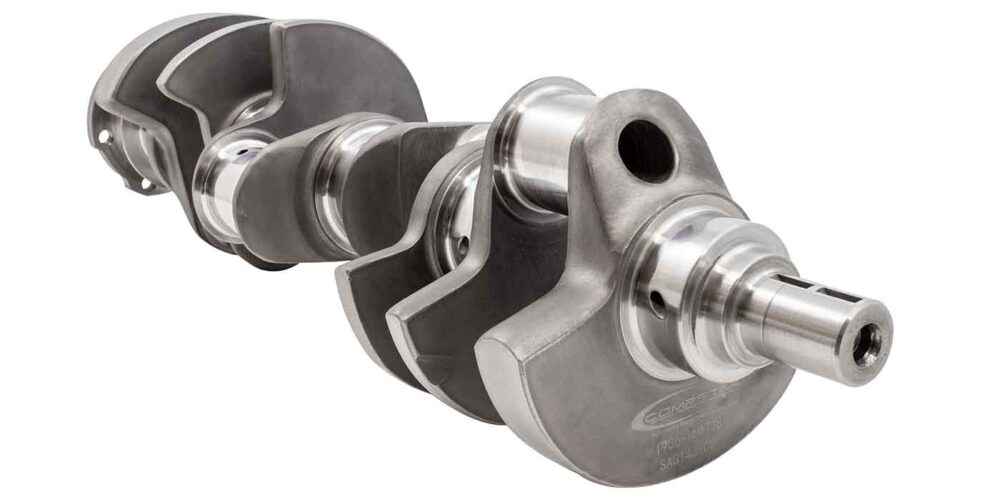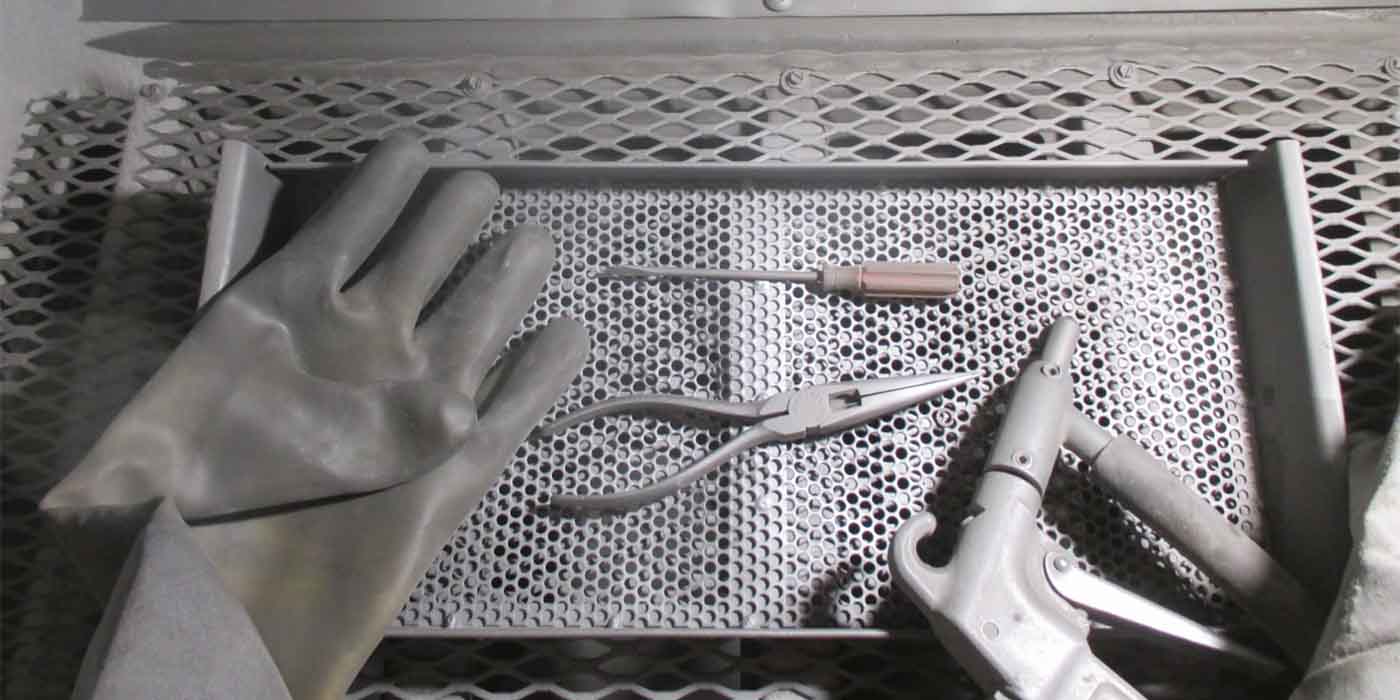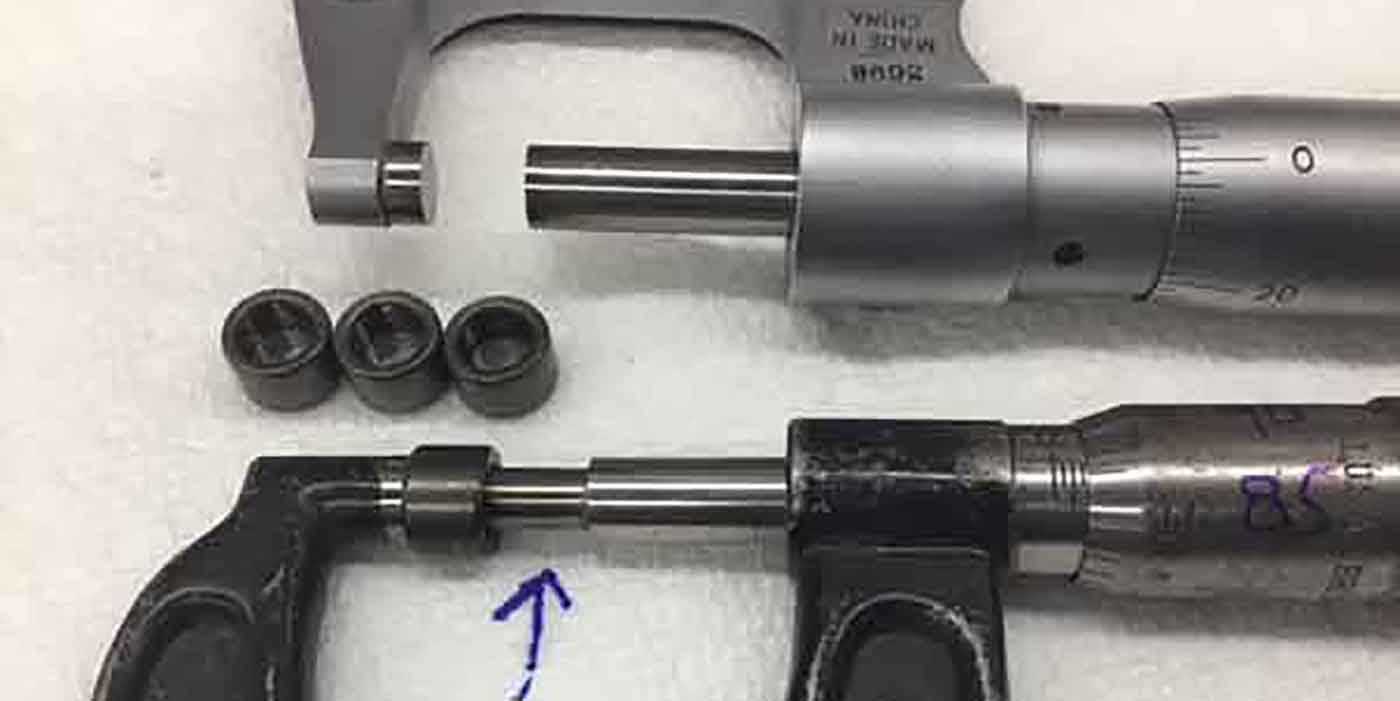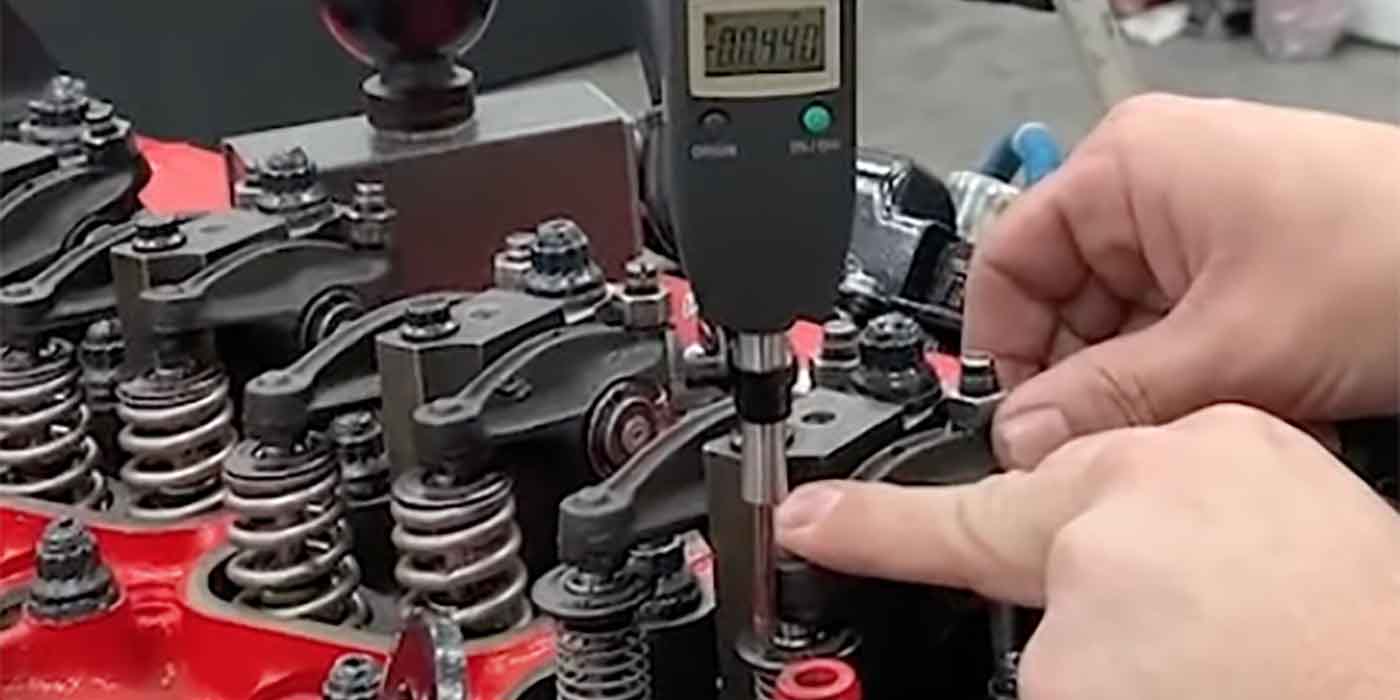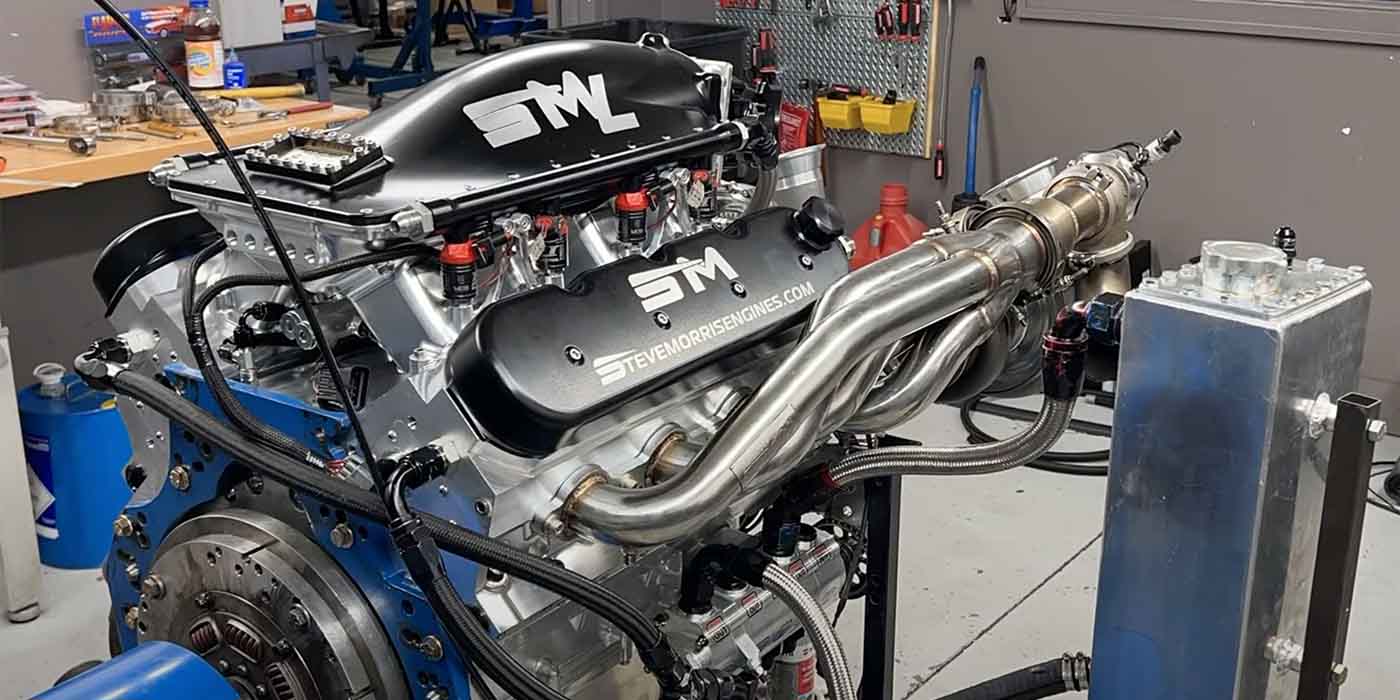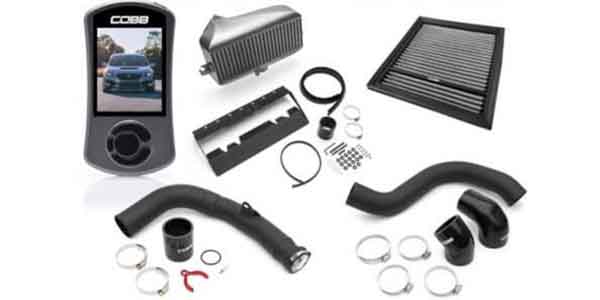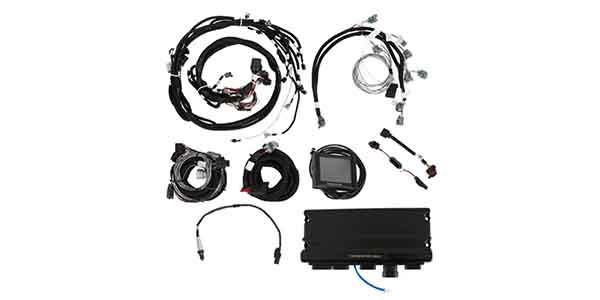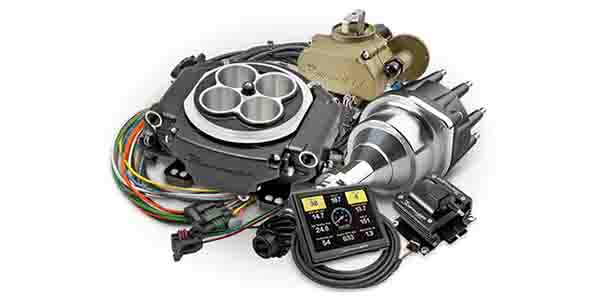Many people in this industry have done a great job of making a name for themselves. Someone to add to that list is Ben Strader, the founder of EFI University in Lake Havasu City, AZ. Ben comes from a background in engine building and engine development. At one point, he had a shop with an engine dyno, a chassis dyno, a flow bench and all the other ancillary necessities. However, that path wasn’t for him.
“I found out it’s a difficult industry,” Strader says. “When I realized that I could just talk about working on engines rather than actually working on engines, I went full-time in 2003 and have been doing that for the last 18 years.”
Ben founded EFI University, a high-performance engine training center, in 2003 when he decided to create a weekend seminar to help encourage engine builders to embrace electronic fuel injection. Within the first six months, he was overwhelmed with requests to continue teaching it.

“I realized maybe there’s more to this than I than I thought there was, so I started a seminar called EFI 101,” Strader says. “We would travel around the country and talk about the different parts and hardware and mapping techniques and the hows and whys of EFI.”
Ben quickly realized that many attendees could understand the EFI concepts, but they didn’t have a dyno to practice and learn beyond that. He rolled EFI 101 into an EFI Advanced Workshop where folks could get hands-on practice with a real car on a real dyno.
“That lasted for a number of years, but it was always troublesome and problematic to actually produce that because we’d have to travel around, find somebody with a shop who would loan or rent us their dyno, then find a vehicle that was outfitted with an EFI system that could be tuned,” he says. “Sometime around 2006, we decided there was enough merit to have a permanent facility and have people come to us.”
EFI U set up shop in San Diego, CA, initially before getting a more dedicated facility in Temecula, CA. That’s about when EFI U came up with the idea of an EFI certification.
“One of the problems with EFI tuning and really all of racing and motorsport, in my opinion, is that for every professional service-based industry, there’s a governing body that sets minimum requirements and minimum standards for professionalism – doctors, lawyers, school teachers, plumbers, you name it – but not in motorsports and racing,” Strader points out. “Pretty much anybody who can afford the rent on a building and puts up a sign saying ‘we’re the best’ can have a business. Unfortunately, the consumer pays the price because a lot of these shops are just using people as guinea pigs to learn as they go.”

Ben and his team looked into finding a governing body to take the EFI industry under its wing, but there wasn’t anything that fit. Nobody wanted to invest the time and effort to understand the industry, so Strader and EFI U took it upon themselves to create something.
“Around 2007, we came up with the idea of the Accelerated Certification Program, which is still offered today,” he says. “It’s actually our most popular class. It’s a week-long bootcamp-style class, where we give attendees all the required knowledge and experience they need to pass the exam before they leave at the end of the week. Guys come from all over the globe and we start in the classroom on day one learning all the fundamentals of the four-stroke engine cycle and all of the things required for sensors and actuators and different tables and maps. By the end of the week, they’re actually sitting on a dyno with a standalone aftermarket ECU and tuning a real car on a real dyno.
“Once they get enough practice, we’ll take the keys and basically zero out the different tables and they’ll have to use what they’ve learned to create a map from nothing. From there, they sit through a written exam and earn a certification.”
According to Strader, even after 14 years of doing the certification, there’s still no legal requirement or governing body that forces anyone to get certified. However, it’s turned into a really good marketing tool for shops that do have a certification from EFI U. It shows customers that a shop spent the time, money and effort into getting training on a service they now offer.

As EFI U continued on an upward trajectory, Ben moved the facility from California to Lake Havasu City, AZ. He also realized, along with the help of his instructors, that the demographic of people coming to them had changed. His audience started as older engine builders learning to use EFI, but had now transitioned to younger tuners who didn’t know much about the actual engines.
“I was sort of taken aback,” Strader admits. “The demographic had changed right under my feet. Now we had a ton of young guys who grew up with computers and are not intimidated at all to plug into a car and start making changes, but some of these young guys don’t know the difference between a crankshaft and a connecting rod. They’ve never seen the inside of an engine.”
To capture those folks and give them the needed insight to become more well-rounded, EFI U created an engine blueprinting program in 2014 where people would start with a bare block and spend a few days going through the process of building up an engine.
“That developed into what is now called the Competition Engine Development (CED) program,” he says. “We use the GM LS engine because the market is much bigger for V8 guys who want to learn this stuff. What I teach in that class is different than engine building. This class is really how do I make an engine better? How do I understand airflow, the camshaft, bore and stroke ratios, displacement of the engine for the application? When would I want a large, low-rpm engine versus a small, high-rpm engine? How do things like gear ratio, tire size and application fit in? It’s a completely different look at engine design and development.”
While EFI U’s courses are very hands-on, that doesn’t mean they don’t offer other options for those who can’t come to Arizona. They do have a plethora of online classes available as well.
“We have online training in order to reach a bigger audience,” Strader says. “We have Introduction to EFI. We have some Advanced EFI tuning concepts. We have Advanced Turbocharging courses. We have some manufacturer specific courses, and I feel like those are all really terrific, high-quality, high-impact courses that are great for somebody getting their feet wet and not fully committed or sure if they want to go down this path, or maybe they are committed, but can’t travel all the way to Arizona to our facility.

“The reality is the online educational quality will never be as good as the live, hands-on, in-person quality. With racing engines, you could read all the magazines and watch all the videos, but until you’ve actually assembled one and that thing fires up on the dyno for the first time, you haven’t really experienced it.”
Something EFI U and many training facilities encounter that is sometimes difficult to curb is the notion that someone knows everything there is to know and can’t possibly learn more.
“The most difficult thing is getting through the motorsports egos of people who think they know EFI or how to tune and getting them to see the value of the cost of these courses,” Strader says. “They wonder if they’re going to learn anything and usually within the first hour they’re really paying attention because they didn’t know what they didn’t know. It opens up this whole new world of questions that they didn’t even know they had.
“That’s probably the biggest roadblock in motorsports and racing is for anybody to think there’s nothing left to learn or to think they already know everything about a particular topic. When you look at some of the industry leading people, you often find they’re saying they learn new stuff every day.”
While EFI U has gone through different variations of classes over the years, they’ve now narrowed it down to really highly focused classes on either the EFI tuning side or the engine development side.
“We’ve really thrived by not trying to be too many things to too many people,” he says. “We have a really great niche where we do high-end EFI, high-end engine building and some online training. For me, I think what makes EFI University’s philosophy different than a lot of the other avenues for learning is that so much of racing and motorsports is based on religion. What I mean by that is most people look around to [emulate the fastest guy or the guy winning] and that’s what they’re also going to do. Well, it’s really difficult to move forward and expand the performance envelope if all you’re ever doing is copying somebody else and never really knowing why or how that works.

“We start with math and science, which is the opposite of religion. Science refuses to accept any contradictions and always digs farther to find the result, find the answer, to find out why. We use a lot of math and we use a lot of physics and science. We use a lot of actual test data to teach our students to never accept ‘because I said so’ or ‘because I won’ as an answer.
“Many racers we meet are stuck in that hamster wheel of I don’t really know why I do this. Everybody else is doing it, so that’s what we do. We teach a lot differently than that and I think that’s why so many people have such a great experience. It’s refreshing to learn from somebody who gives you the tools to teach yourself rather than telling you a bunch of stuff and you just have to take my word for it.”
Since this industry is such a close-knit community, EFI U has also created a new ‘fraternity’ for engine builders, racers and tuners in an effort to keep the conversation ongoing outside the classroom. Called the Delta Lambda Fraternity, it is a monthly subscription-based learning program to give folks access on a more regular basis.
“Instead of one high-intensity week, we have them communicating with us on a weekly basis all throughout the year,” Strader says. “We do a video-based lesson that goes on our website in a private location that only members of the fraternity can access. That goes up on Mondays and on Wednesday we do a live Zoom chat, so they can ask questions, give ideas and share thoughts. Then, 24/7, members of the group have a private Facebook page where they can converse and share projects and ideas and things there as well. It’s a community-based learning environment where they get full-time access.”
Delta Lambda Fraternity members pay $99 a month to get 24/7 access to the Facebook page as well as weekly learning environments and weekly live interaction with instructors and mentors who include folks such as George Bryce, Billy Godbold, John Kaase, and Lake Speed Jr.
Aside from the monthly membership, many of EFI U’s classes range from $99-$299. When you get into the higher-end, hands-on classes, they tend to attract a more serious customer and it’s a very limited class size with a higher price point.

“The Accelerated Certification Program is a retail price of $5,695,” Strader says. “We only do those classes every other month and we only allow six students per class. Those classes are typically sold out at least one or two months ahead of time because of the limited class size. The Competition Engine Development class is $2,995 and we typically do that class quarterly. We offer a little bit of something for everybody to get started at either a low level or a high level.”
Since beginning in 2003, EFI U has taught courses in 10 countries to more than 10,000 people. Strader says it’s been a terrific ride, and it’s nowhere near over yet. EB

